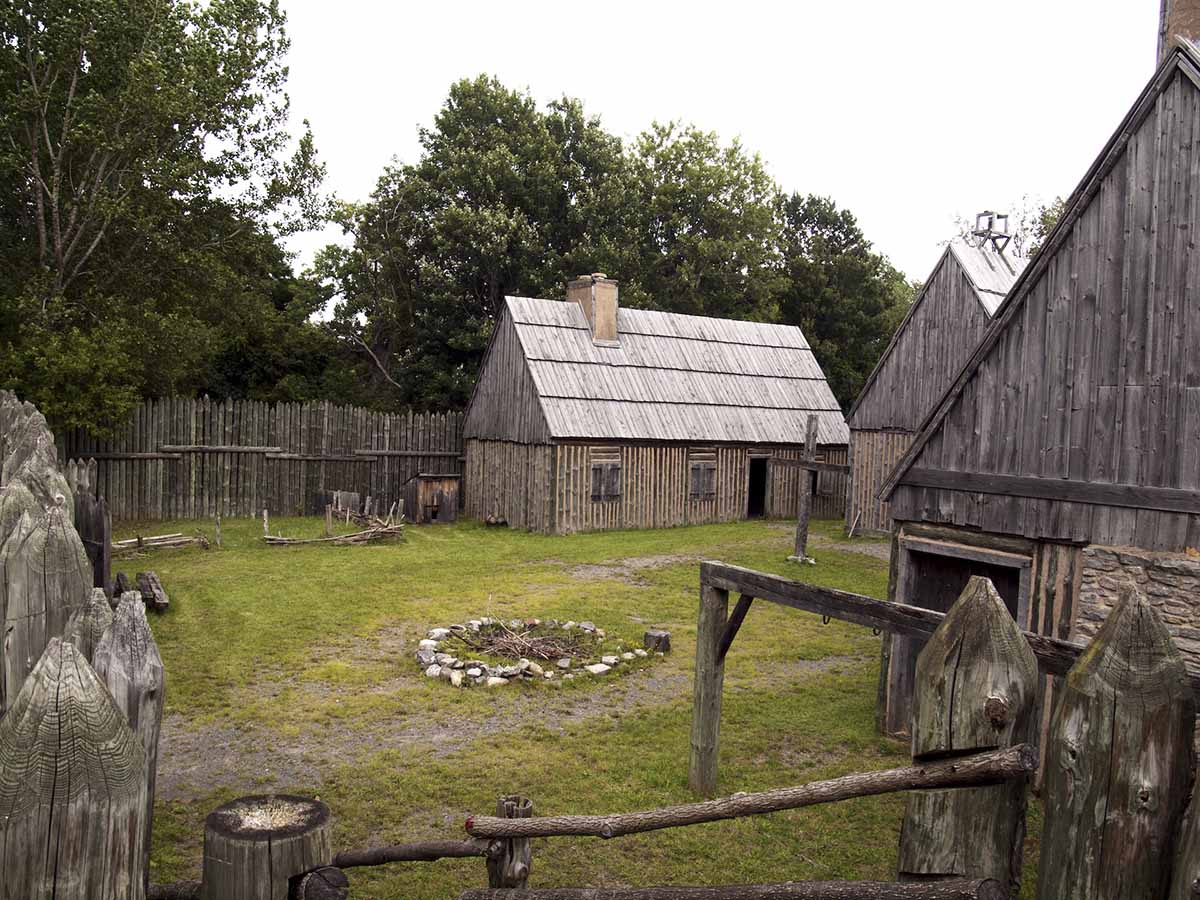S01E03 - The Doctrine of Discovery in the Mesoamerican Context with Davíd Carrasco
After discussing how the Zócalo provides a snapshot of colonization, Arnold shifts the conversation to the History of Religions as a theory and method for understanding the Doctrine of Christian Discovery. Arnold asks how can Mircea Eliade and Charles H. Long help to make sense of the doctrine? For Carrasco, Eliade anticipated, the current moment of a cultural awakening to what Black, Indigenous, and other Persons of Color have been doing and how they have been reshaping history (C.f. Mircea Eliade, “New Humanisms”). Building on the discussion of Eliade’s work both Arnold and Carrasco highlight how the History of Religions attunes scholars to the presence of human diversity and interrelated relationship with the landscape. Two important concepts they draw from Eliade’s work is presence and habitation. Both of which highlight how spaces and stories shape perception of the world. Charles H. Long’s work expands upon the work of Eliade by bringing students stories into the classroom and taking their background and perspective seriously. In Significations, Long underscores how colonialism is always justified not only through law but also through religion and religious frameworks. Building on Long’s work Arnold has developed a theology of conquest. For Arnold and Long part of what is happening in the act of colonization is that the colonizer is attempting to enact a second creation of the world. In light of the physical and epistemological violence of the colonial project, Indigenous peoples had to find new resources to make a better world out of the tragedy and violence of colonialism to move into a new world beyond after colonialism.
Share on
X Facebook LinkedIn BlueskyDonate today!
Open Access educational resources cost money to produce. Please join the growing number of people supporting The Doctrine of Discovery so we can sustain this work. Please give today.
